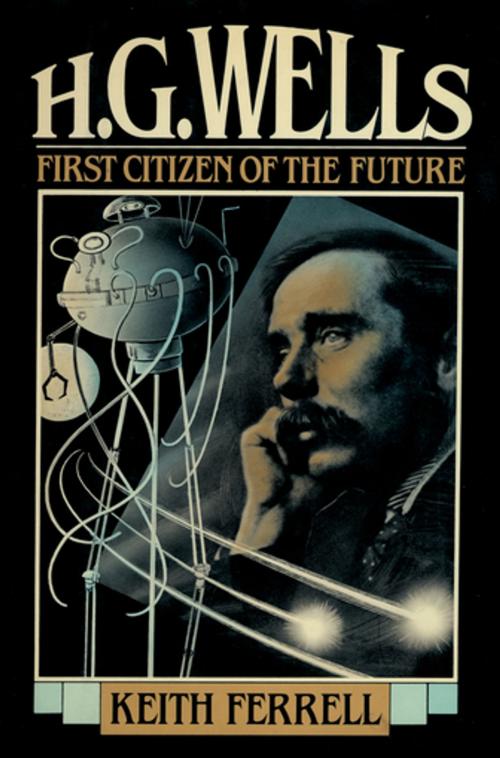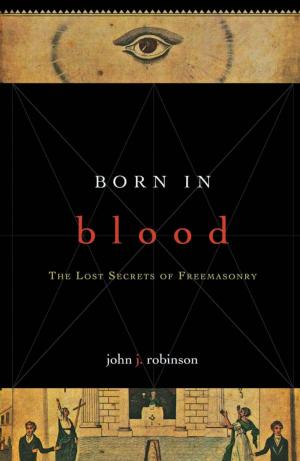H.G. Wells
First Citizen of the Future
Kids, People and Places, Biography, Non-Fiction, Literary, Historical, History| Author: | Keith Ferrell | ISBN: | 9781590773574 |
| Publisher: | M. Evans & Company | Publication: | March 24, 2014 |
| Imprint: | M. Evans & Company | Language: | English |
| Author: | Keith Ferrell |
| ISBN: | 9781590773574 |
| Publisher: | M. Evans & Company |
| Publication: | March 24, 2014 |
| Imprint: | M. Evans & Company |
| Language: | English |
He was born in the year dynamite was invented (1866) and died a year after the first explosion of the atomic bomb (1946). Herbert George (H. G.) Wells was a man whose life dominated the century and whose ideas both predicted and shaped the future.
One of the most influential men of his time, a leading science-fiction writer, novelist, philosopher, reformer and fighter for civilization, Wells exercised his imagination and expounded his revolutionary ideas in over one hundred books in the course of his long life.
As a young man Wells struggled against repeated failure as a draper’s assistant, science student and teacher before finding his vocation as a writer. He wrote the pioneering—and immediately popular—novel The Time Machine. In this and other classic science fiction such as The Invisible Man and The War of the Worlds, Wells combined serious and often remarkably accurate speculation about the future with high adventure.
But Wells was not content just to write fiction. He was also an advocate for change in social customs and a man deeply concerned with the future of humanity. A firm believer that the twentieth century would be the turning point for civilization, Wells anticipated many of the changes in his writings on space travel, politics, marriage and the technologies of war.
This is a dramatic account of Well’s life and his fight for causes and concerns that are still relevant today.
He was born in the year dynamite was invented (1866) and died a year after the first explosion of the atomic bomb (1946). Herbert George (H. G.) Wells was a man whose life dominated the century and whose ideas both predicted and shaped the future.
One of the most influential men of his time, a leading science-fiction writer, novelist, philosopher, reformer and fighter for civilization, Wells exercised his imagination and expounded his revolutionary ideas in over one hundred books in the course of his long life.
As a young man Wells struggled against repeated failure as a draper’s assistant, science student and teacher before finding his vocation as a writer. He wrote the pioneering—and immediately popular—novel The Time Machine. In this and other classic science fiction such as The Invisible Man and The War of the Worlds, Wells combined serious and often remarkably accurate speculation about the future with high adventure.
But Wells was not content just to write fiction. He was also an advocate for change in social customs and a man deeply concerned with the future of humanity. A firm believer that the twentieth century would be the turning point for civilization, Wells anticipated many of the changes in his writings on space travel, politics, marriage and the technologies of war.
This is a dramatic account of Well’s life and his fight for causes and concerns that are still relevant today.















